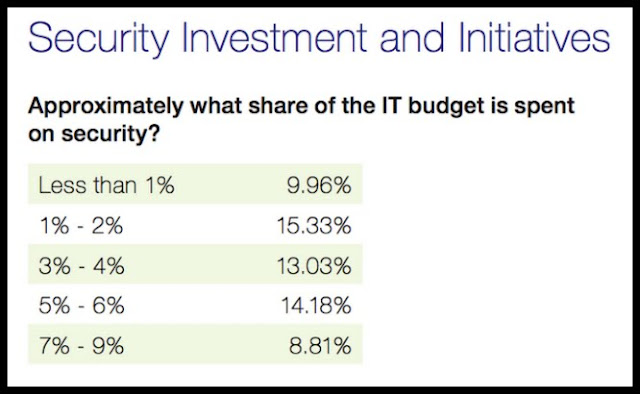For sure search the car for physical clues like blood, hair and DNA, but also pay attention to the little things you can’t hold?
Things like radio presets, seat position, was the seat pressure sensor on or off, plus the EDR information of course, which is admissible in courts.
I’m speaking with Chris Pogue, current Senior VP at cyber-threat analysis software company Nuix, and former U.S. Army Warrant Officer attached to the Criminal Investigation Division.
Read it online at Autonet.
Favourite line:
It’s assumed the first instinct is to search the car for blood and hair, for physical DNA, but how about paying attention to the little things that could be clues.
2nd Favourite line:
Then add in the footage from traffic cameras (everyone forgets those are always watching.)
That’s me in the lede photo, cornering a Subaru Legacy.
***
Back to ‘Keri on Driving’ – Index







